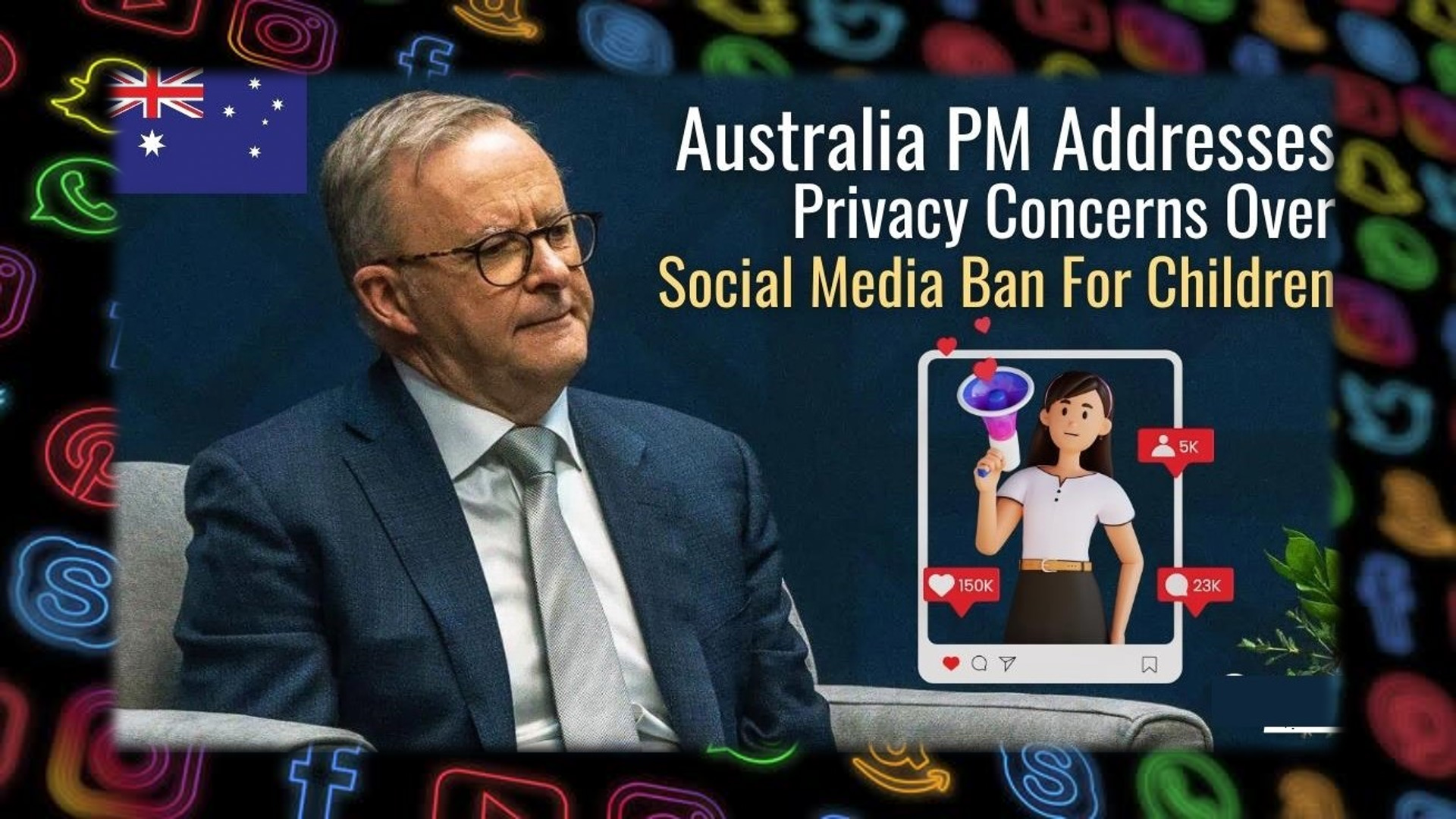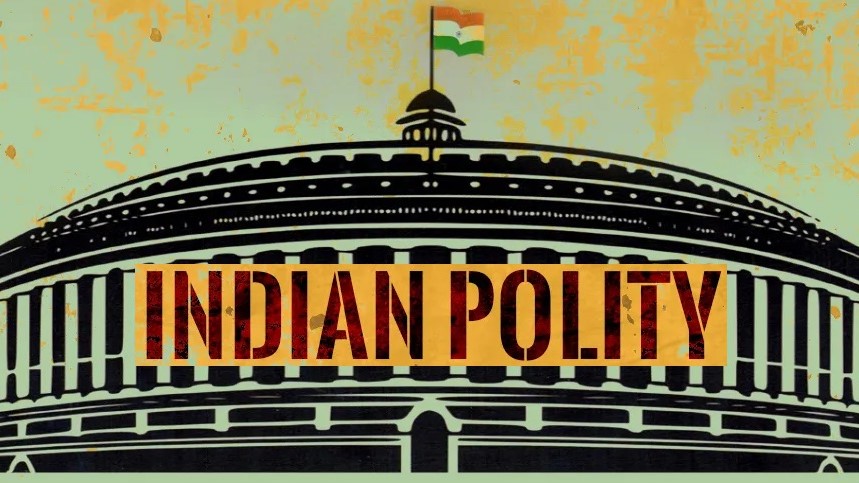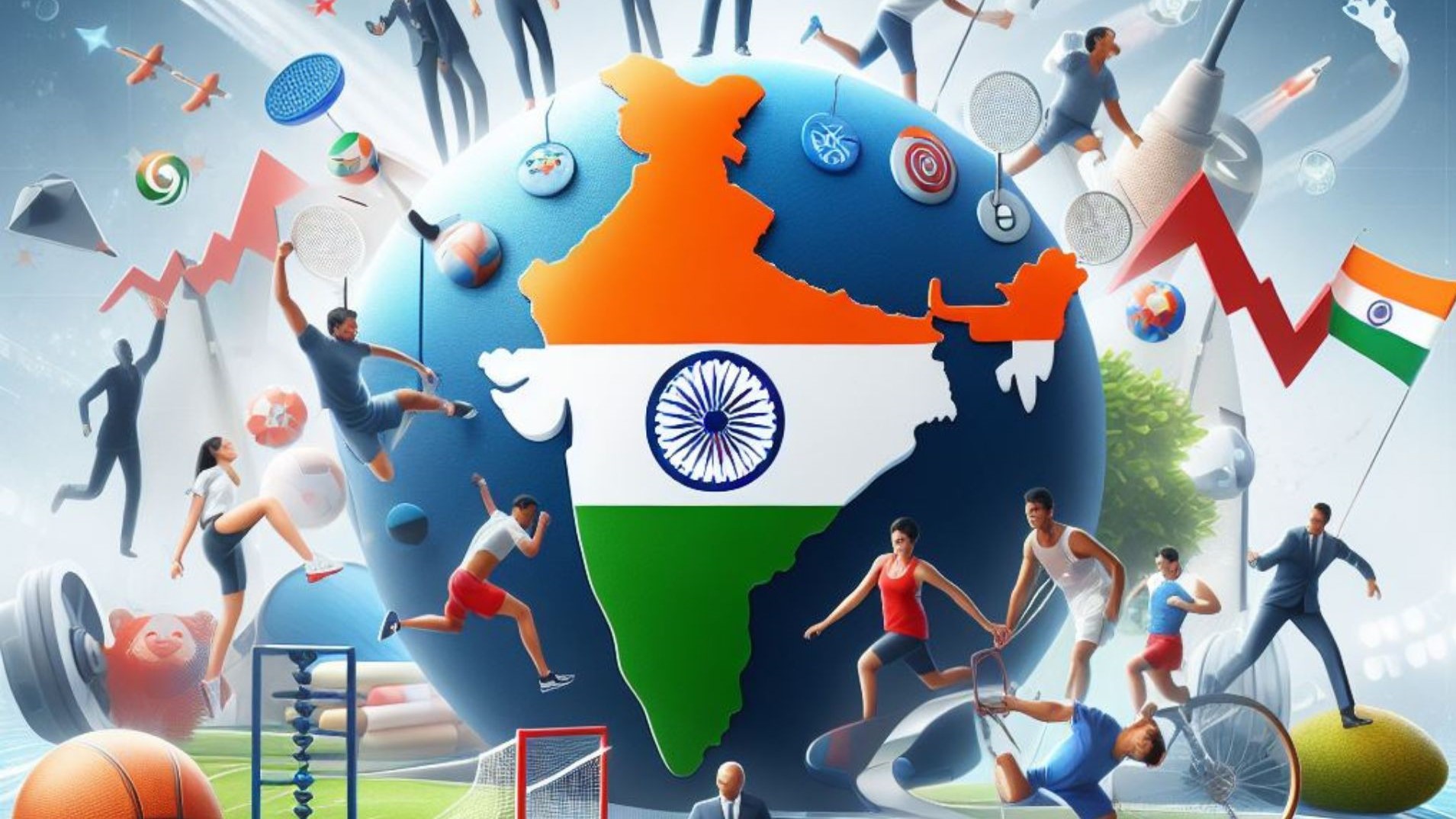Australia’s Landmark Social Media Ban for Children - Impact, Criticism, and the Future of Online Safety | (Mon 02 Dec 2024 01:10)

Australia has passed a landmark piece of legislation, the Online Safety Amendment (Social Media Minimum Age) Bill 2024, which bans children under the age of 16 from using social media platforms. The bill is the first of its kind globally and has sparked intense debate both in Australia and internationally. It places the responsibility on social media companies to implement age verification measures to prevent underage users from accessing their services, with penalties of up to $32 million for non-compliance. The government’s primary rationale for the law is to protect young Australians from the harmful effects of social media, which has been associated with issues like bullying, anxiety, and exposure to online predators.
Key Provisions of the Bill
The bill stipulates that social media platforms must take "reasonable steps" to prevent children under 16 from creating accounts or accessing their services. This includes implementing age verification mechanisms to ensure that users are above the minimum age requirement. However, the law also outlines that social media companies must avoid using government-issued identification, such as passports or digital IDs, for age verification due to privacy concerns. Platforms must offer alternatives for age assurance, which could include facial recognition or other technologies. If a platform collects personal information for age verification, it must destroy the data after it has been used for its intended purpose, in compliance with privacy laws.
The bill will come into effect within a year, allowing time for a trial of age verification technologies to test their feasibility. Platforms like Facebook, Instagram, TikTok, Snapchat, Reddit, and X (formerly Twitter) are expected to be affected, although the law could apply to other social media platforms as well. Exceptions are made for platforms related to education, health, or other essential services, such as Google Classroom and YouTube, which will not be subject to the age restrictions.
Government’s Rationale
The Australian government has argued that the bill is necessary to protect the mental and physical well-being of young people, particularly given the growing concerns about the negative impacts of social media on children’s development. Prime Minister Anthony Albanese has stressed that the bill would provide greater protections for young Australians during critical stages of their development. He has cited concerns about social media being used as a tool for bullying, peer pressure, scamming, and even online predation. The bill aims to mitigate these risks by ensuring that children cannot freely access platforms that may expose them to such dangers.
The rationale for the law is part of a broader global conversation about the effects of social media on children. Psychologist Jonathan Haidt, in his 2024 book The Anxious Generation, argues that smartphones and social media have replaced traditional childhood play, leading to an increase in anxiety and depression among teenagers. Haidt believes that social media, particularly platforms like Instagram, has created a new form of childhood where young people spend excessive time online, which has been linked to mental health problems. His views echo concerns raised by many experts who see social media as a detrimental force in shaping the childhood experience.
Criticism and Concerns
Despite the government's intentions, the bill has faced criticism from a wide range of stakeholders, including tech companies, privacy advocates, and some child welfare organizations. One of the main points of contention is the feasibility of implementing effective age verification. Currently, social media platforms like Instagram and TikTok rely on users to self-report their age by entering their date of birth, but there is little to prevent children from lying about their age. While some countries, such as the UK and some European nations, require users to submit government-issued IDs for age verification, this raises significant privacy concerns about the collection of sensitive personal data. In response, Prime Minister Albanese has assured the public that government identification will not be required, and platforms will be expected to offer other, less intrusive alternatives for age verification.
Facial recognition technology is one potential alternative, but it has been criticized for being unreliable and potentially invasive. Experts point out that facial recognition could lead to false positives, where a child is mistakenly categorized as an adult, or worse, false negatives, where an adult could slip through the cracks. Additionally, there are concerns about the privacy risks associated with collecting biometric data, particularly for minors.
The bill also faces criticism from social media companies themselves. Meta (Facebook and Instagram) and TikTok have expressed concerns about the rushed process and the lack of consultation with industry experts. Meta has argued that the bill does not sufficiently take into account what the industry is already doing to create age-appropriate experiences for young users. TikTok has called for device-level age verification as a simpler and more effective solution. These companies also argue that the law does not provide clarity on the specific requirements they must meet to comply with the new regulations, and many questions remain unanswered about how the law will be practically implemented.
Some critics have raised concerns about the potential negative impact on vulnerable young people. Social media can provide a vital sense of community for children who might feel isolated due to bullying, mental health issues, or marginalization. For LGBTQ+ youth or children from minority backgrounds, social media platforms can be an essential space for self-expression, peer support, and access to resources. Critics argue that a blanket ban could inadvertently harm these groups by cutting off a valuable outlet for connection and support.
The Rush to Legislate
The speed with which the bill has been introduced and passed has also attracted significant criticism. The bill was introduced, debated, and passed within a week, with only limited time for public consultation. Submissions to a Senate inquiry were open for just 24 hours before a three-hour hearing, and the inquiry report was released only a day later. Over 100 submissions were received, and most critics expressed concern that the bill had not been thoroughly reviewed before being fast-tracked through the legislative process.
This hasty approach has raised questions about the government’s commitment to consulting with stakeholders and fully understanding the implications of the law. Some critics argue that the government is prioritizing quick political wins over careful, evidence-based policymaking. The Senate committee recommended that the bill pass with some changes, including a prohibition on using government-issued identification for age verification. The committee acknowledged that more consultation and fine-tuning were necessary to ensure that the law’s implementation is both effective and practical.
Public Support and Future Implementation
Despite the criticism, surveys indicate broad public support for the law. A recent poll by YouGov found that 77% of Australians support the under-16 social media ban, reflecting growing concerns among the public about the dangers of social media for young people. Parents, in particular, seem to favor the bill, with many seeing it as a necessary step to protect their children from online harm.
The government has pledged to engage in further consultation with stakeholders over the next year to fine-tune the implementation of the law. This includes working with social media companies, experts, and child welfare organizations to ensure that age verification measures are effective and privacy concerns are addressed. Once the consultations are completed, the government will set a date for when social media platforms must enforce the ban and deactivate accounts held by children under 16.
The government has made it clear that parents and children will not be penalized for violating the law, and companies will be held responsible for ensuring compliance. The law will put significant pressure on tech companies to prioritize user safety and implement more robust age verification systems.
Australia's Online Safety Amendment (Social Media Minimum Age) Bill 2024, which bans children under 16 from using social media platforms, could have significant implications for India and globally.
1. Stricter Age Regulations
India may face increased pressure to adopt similar laws, especially as concerns about cyberbullying, mental health, and online safety grow. The Australian law could serve as a model for India to regulate social media access for minors, prompting stronger age restrictions.
2. Impact on Social Media Companies
Social media platforms operating in India, like Meta, TikTok, and Google, may need to adjust their age verification policies globally, including in India, to align with stricter regulations in markets like Australia. This could lead to enhanced age-checking systems in India as well.
3. Privacy and Data Protection
India is developing its own data protection laws, and the use of biometric data for age verification in Australia could raise similar concerns in India. The collection of sensitive personal data may trigger privacy debates, especially regarding children's rights and data protection.
4. Impact on Children’s Digital Communities
Social media plays a crucial role in India, especially for marginalized groups. Restricting access could worsen social isolation, particularly for LGBTQ+ youth or those dealing with mental health issues. The law could spark a debate about balancing child safety with digital inclusion.
5. International Cooperation
India may engage in international discussions on online safety, inspired by Australia's law. This could encourage the country to develop stronger regulatory frameworks for child protection while fostering global cooperation in tech governance.
6. Enforcement Challenges
India's vast and diverse population could make enforcing a social media age ban challenging. The country’s infrastructure limitations and varying levels of digital literacy might complicate the implementation of strict age verification systems.
7. Tech Industry Impact
India’s tech startups may feel the ripple effects of global companies adjusting their policies to comply with stricter regulations. This could push Indian firms to improve age verification systems and privacy measures to align with international standards.
8. Global Policy Shifts
As a key player in the global digital landscape, India may be influenced by Australia's approach. If the law proves successful, India might be prompted to strengthen its child protection regulations and contribute to broader global policy discussions on online safety.
The Conclusion
Australia’s new social media law marks a bold and unprecedented step in regulating children’s access to online platforms. While the government’s intentions are to protect young people from the harmful effects of social media, the bill has generated significant debate and criticism. Concerns about privacy, the feasibility of age verification, and the potential negative impact on vulnerable children have sparked fierce opposition from tech companies and advocacy groups. However, the public broadly supports the measure, highlighting the growing anxiety about the dangers of social media for young users. The law’s successful implementation will depend on how effectively the government can address these concerns and balance the need for safety with the rights of young people to access online communities. As the consultation process continues, it remains to be seen whether Australia’s world-first legislation will serve as a model for other nations facing similar challenges. While India may not immediately adopt similar laws, the global shift towards stricter online safety regulations could inspire India or rest of the world to improve its own policies regarding social media access for minors, child protection, and privacy.

Physics, Chemistry, Biology and Geography.

Computer Programming, languages & their frameworks.

Economics, Accounts and Management.

Reviewing old and new books.

Ancient, Medieval, Modern, World History.

Indian Constitution, Politics, Policies, etc.

Everything related to International Affairs.

For all humanities topics, except History & Polity.

Anything related to entertainment industry.

Mainly Cricket but other sports too.

CS, IT, Services & Corporate Sector.
Comments
No comments yet. Be the first to comment!
Leave a Comment